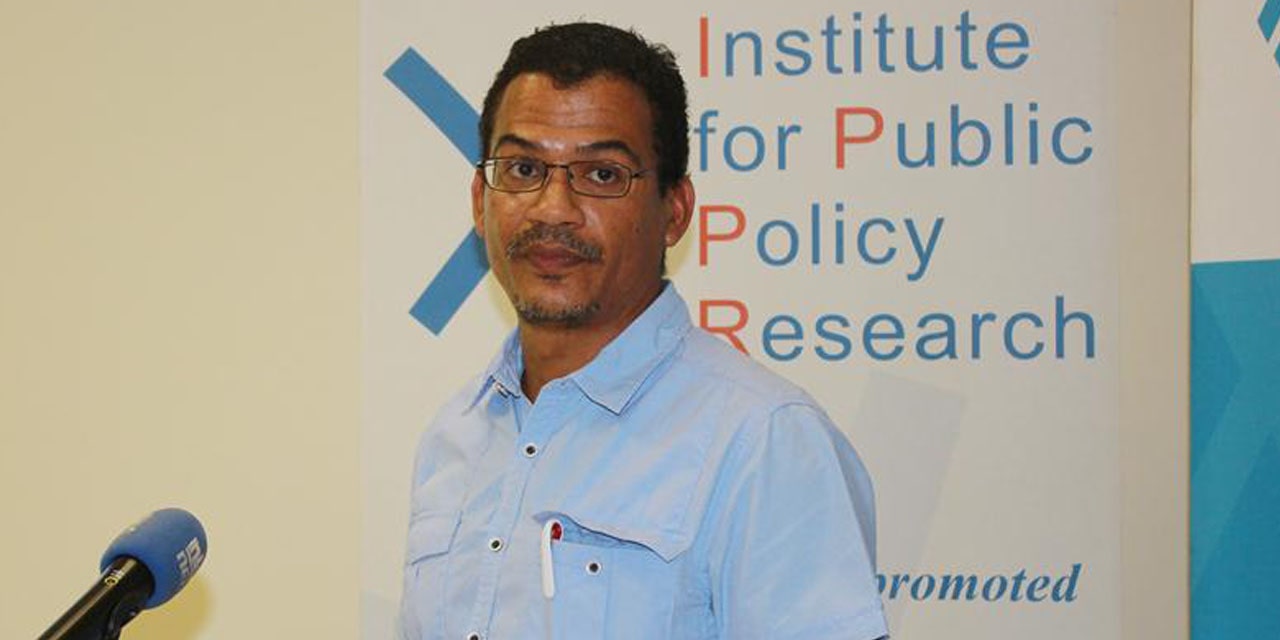Staff Writer
THE majority of public entities complied with the dictates of the law in terms of submitting annual procurement plans and quarterly procurement reports to the Procurement Policy Unit (PPU), in the Ministry of Finance for the 2020/21 financial year.
This has provided a level of transparency, while still problematic in many aspects,that has not been seen on the public procurement landscape.
According to a Procurement Tracker Namibia (PTN) review for September, 128 public entities out of 178 have submitted annual procurement plans to the PPU. This means roughly 72% of public entities have been compliant with the law. “While compliance is somewhat high, that nearly a third or about 28% of public entities appear not to have filed plans remains concerning.
While many public entities have submitted plans to the PPU, and the PPU has made these plans available through its webpage, many of the entities still do not have these plans on their own websites, and some don’t even have websites to start with,” says the review, compiled by by the Institute for Public Policy Research (IPPR) research associate, Frederico Links.
The procurement guidelines state that: “The public entity should post its procurement plan on its website”, but many state entities do not have functional or updated websites, the review notes.
Ironically, the review says compliance with the Public Procurement Act of 2015 has been a challenge within Government from the moment the law was implemented in April 2017.
But it’s not only public entities outside the Ministry of Finance (MoF) that have been struggling with compliance. “In a very important and core aspect – transparency – the public procurement regulatory mechanism within the MoF, which is supposed to enforce compliance with the law, has also significantly faltered in compliance.”
According to the law, the PPU has various functions, including: “To monitor, report on the performance of the public procurement systems in Namibia including preparing an annual report to be tabled in the National Assembly.”
This annual report is supposed to be an important transparency tool, giving the public an overview of the performance and functioning of the public procurement system.
“To date the PPU has not submitted such an annual report to the National Assembly, with nearly five government financial years in the rear-view,” says the PTN.
As for quarterly reports, for the first quarter of 2020/21, just 62 public entities appear to have submitted reports. That’s 35% of public entities. For the second quarter, just 58 public entities submitted reports. That’s 33% of public entities. For the third quarter, again just 58 public entities submitted reports.
During the fourth quarter, just 42 public entities (about 24%) submitted quarterly reports. “So, while there’s somewhat high compliance with submitting annual plans, there’s still seemingly consistently low compliance with submitting quarterly reports,” says the review.
There is a cloud of secrecy concerning procurement for the Covid-19 pandemic. On 11 June, 2020, the PPU requested all state entities to account for Covid-19 emergency procurement actions undertaken between 27 March and 4 May, 2020.
In August 2021, PTN requested information related to this PPU request and whether a report was produced.
“However, by the time of publication the Ministry of Finance had not yet responded to our request for information, so it is largely unclear what the situation was regarding emergency procurement practices during the 2020 state of emergency and lockdown period.”
In November 2020, PTN published a briefing paper on the red flags fluttering over pandemic public procurement practices. It found that during March-September 2020, state of emergency period: “Short tender periods; very few bidders or only one bidder was invited to tender; few contracts awarded competitively”.
At the same time there have been numerous reports of high profile pandemic emergency procurement actions that appear to have been tainted by suspicions of corruption. “As indicated, there has as yet been no official accounting for what transpired in the public procurement space during pandemic-hit 2020/21,” says PTN.
While these concerns considerably cloud the public procurement landscape, it has to be noted that there have been some positive moves on the landscape.
Proposals for the Public Procurement Act amendment include some that speak to enhancing and strengthening transparency, accountability and integrity provisions in the law. In another positive move, in late January 2021, the PPU issued the ‘Public Procurement Code of Ethics and Conduct’ as a mechanism to enhance ethical conduct within public procurement.
And near the end of the financial year, in March 2021, the Ministry of Finance signed a cooperation agreement with a consortium consisting of the University of Namibia (Unam), the Namibia University of Science and Technology (Nust) and the Namibian Institute of Public Management and Administration (Ipam) to provide public procurement training programmes.




